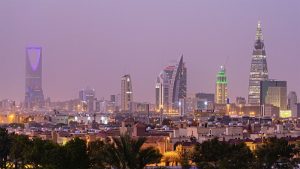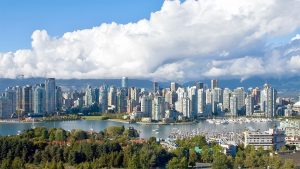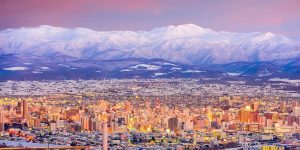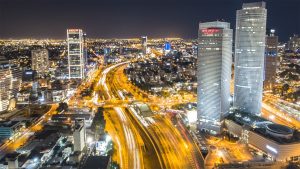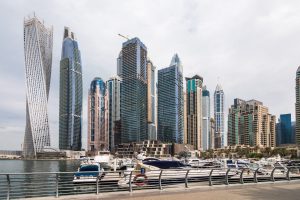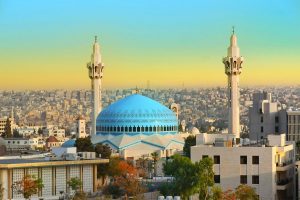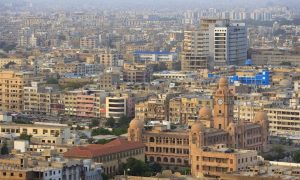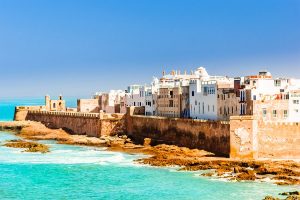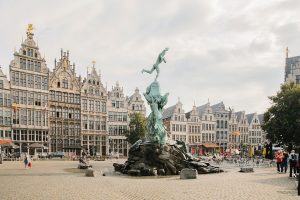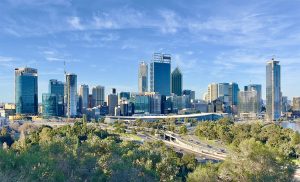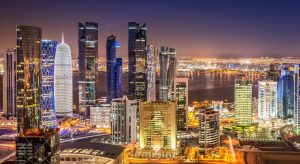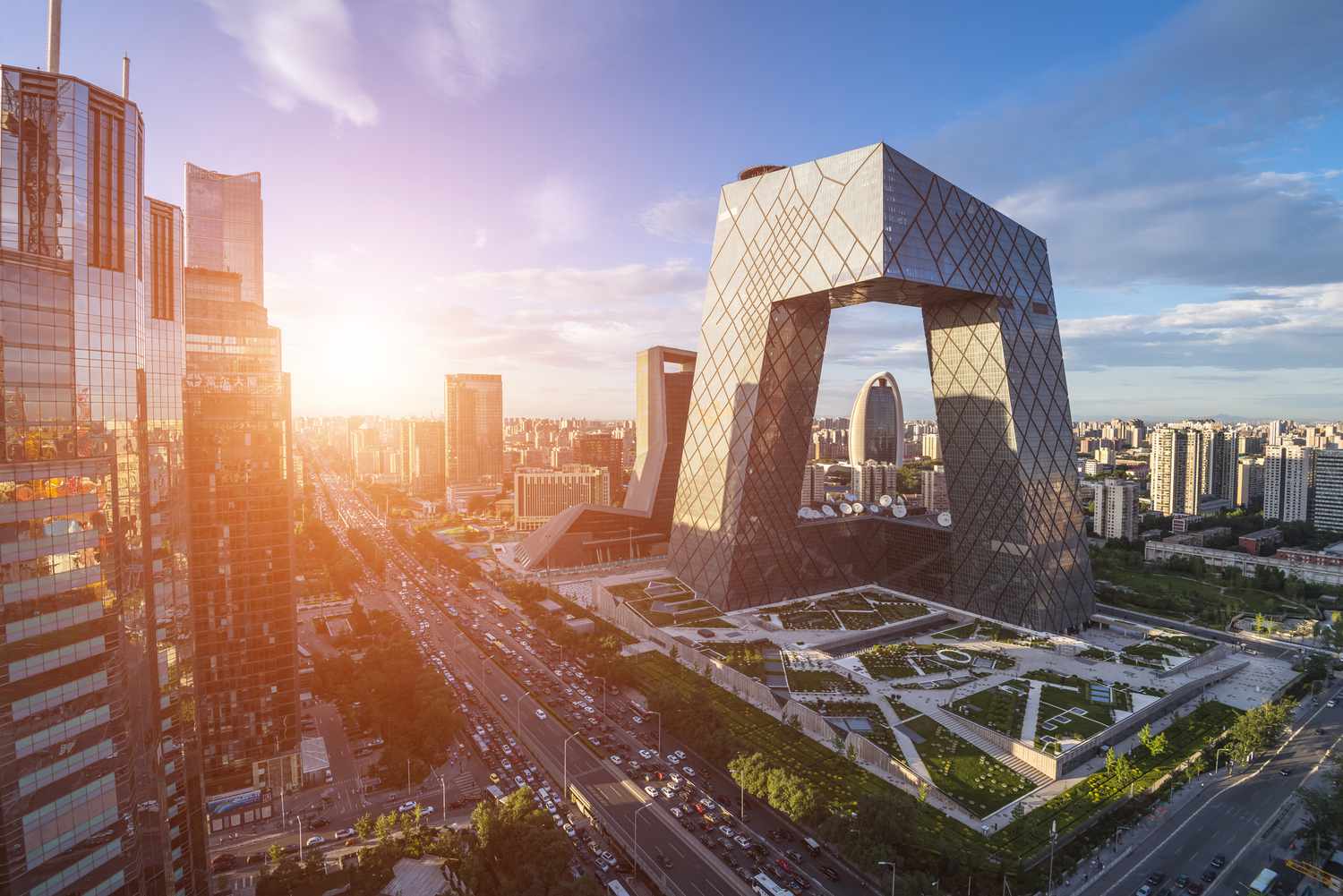
32 interesting facts about Beijing
- 👁️ 1777
Beijing, the capital city of China, stands as a remarkable blend of ancient history and modern progress. It is a city where imperial palaces coexist with towering skyscrapers, symbolizing the country’s rich past and its rapid development over the past few decades. As the political, cultural, and educational center of China, Beijing is home to numerous historical sites, including the Great Wall and the Forbidden City, as well as being a vibrant hub for arts, cuisine, and technology. Its significance on both a national and international scale cannot be overstated, making it a fascinating subject of study and exploration. Here are 32 interesting and informative facts about Beijing that showcase its uniqueness and importance.
- Beijing has served as the capital of China for over 800 years, across several dynasties.
- The city was previously known as Peking until the Chinese government adopted the pinyin system for Romanization in 1979.
- Beijing is one of the Four Great Ancient Capitals of China, along with Nanjing, Luoyang, and Xi’an.
- The Forbidden City, a UNESCO World Heritage site in Beijing, was the imperial palace for the Ming and Qing dynasties.
- Beijing hosted the Summer Olympic Games in 2008 and is set to host the Winter Olympic Games in 2022, making it the first city to host both the Summer and Winter Olympics.
- The Great Wall of China, one of the New Seven Wonders of the World, stretches from Beijing’s northern border into other parts of China.
- Tiananmen Square in Beijing is one of the largest public squares in the world.
- The city’s traditional cuisine includes Peking duck, a famous dish known for its crispy skin and tender meat.
- Beijing is the second-largest Chinese city by urban population after Shanghai.
- The Temple of Heaven, another UNESCO World Heritage site in Beijing, was used by emperors to pray for good harvests.
- Beijing’s subway system is one of the busiest and fastest-growing in the world.
- The city is surrounded by mountains on three sides, which historically helped protect it from invasions.
- Beijing houses the headquarters of most of China’s largest state-owned companies.
- The National Stadium in Beijing, also known as the Bird’s Nest, was a major landmark of the 2008 Olympics.
- The city is a leading center for higher education in China, home to prestigious institutions like Peking University and Tsinghua University.
- Beijing’s history dates back more than 3,000 years, with evidence of human habitation as early as 500,000 years ago at the Zhoukoudian site.
- The Beijing dialect, a variant of Mandarin, is the basis for Standard Chinese, the official language of China.
- The city’s air pollution problems have led to significant efforts by the government to improve air quality, including restrictions on vehicle use and the relocation of heavy industries.
- Beijing’s 798 Art Zone is a thriving arts and cultural district set in a complex of decommissioned military factory buildings.
- The Summer Palace, an extensive ensemble of lakes, gardens, and palaces, is another UNESCO World Heritage site in Beijing.
- Beijing Capital International Airport is one of the busiest airports in the world by passenger traffic.
- The city has a significant expatriate population, drawn by its economic opportunities and cultural attractions.
- Hutongs, narrow alleys or lanes, are characteristic of Beijing’s traditional city layout, though many have been demolished in the name of modernization.
- Beijing is the political heart of China, housing all the levels of the national government, including the Chinese Communist Party, the National People’s Congress, and the State Council.
- The name “Beijing” means “Northern Capital” in Chinese.
- The Beijing Opera, known for its elaborate costumes and distinctive styles of singing and acting, is a traditional form of Chinese theater.
- The city experiences a continental climate, with hot, humid summers and cold, dry winters.
- Beijing’s Zhongguancun area is often referred to as China’s Silicon Valley, due to its high concentration of technology companies.
- The CCTV Headquarters, a striking building known for its unique architecture, serves as a symbol of Beijing’s modern skyline.
- The Beijing Zoo is home to a wide variety of animals, including the giant panda, one of China’s national symbols.
- The Dragon Boat Festival, a traditional Chinese holiday, is celebrated with boat races and eating zongzi (rice dumplings) in Beijing.
- The Ming Tombs, located near Beijing, are the burial sites of 13 emperors of the Ming Dynasty.
Beijing is a city that effortlessly marries its ancient past with its dynamic present, offering a window into China’s long history and its aspirations for the future. Its cultural landmarks, educational institutions, and economic achievements make it a pivotal city on the world stage. As Beijing continues to evolve,
it remains a testament to the enduring spirit and resilience of its people and a focal point for understanding China’s complex identity and global influence. The facts presented about Beijing not only highlight its significance as a cultural and historical treasure but also underscore its role in shaping the future of China and its interaction with the rest of the world. As we delve deeper into the layers of Beijing’s story, we uncover a city that is both a guardian of ancient traditions and a harbinger of modern innovation, making it an endlessly fascinating subject for exploration and appreciation.
